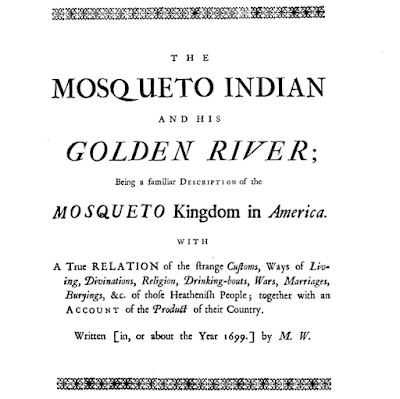The Moskitians and the ‘indivisible’ State of the Nicaraguans

Whenever the Nicaraguans talk about the Moskitian Independence sentiment, they always try to brush it aside or finish their statement by quoting that "Nicaragua is an independent, free, sovereign, unitary, and indivisible State." It is the first sentence of the sixth article of their constitution. To understand this, we must first understand what a state is. S trictly speaking, a state is the government; it is the body with the authority to govern a people and their territory. The existence of a government begins when a nation forms a social contract (agreement), either explicitly or tacitly, to be governed by a certain set of rules, laws, norms, etc. This social contract allows the nation to bestow or lend its authority and consent to the state (government), which uses that authority and consent in return to provide security to the nation. Therefore, the authority of a state extends as far as it is accepted. This is what is called its jurisdiction: the power or right to exer...


